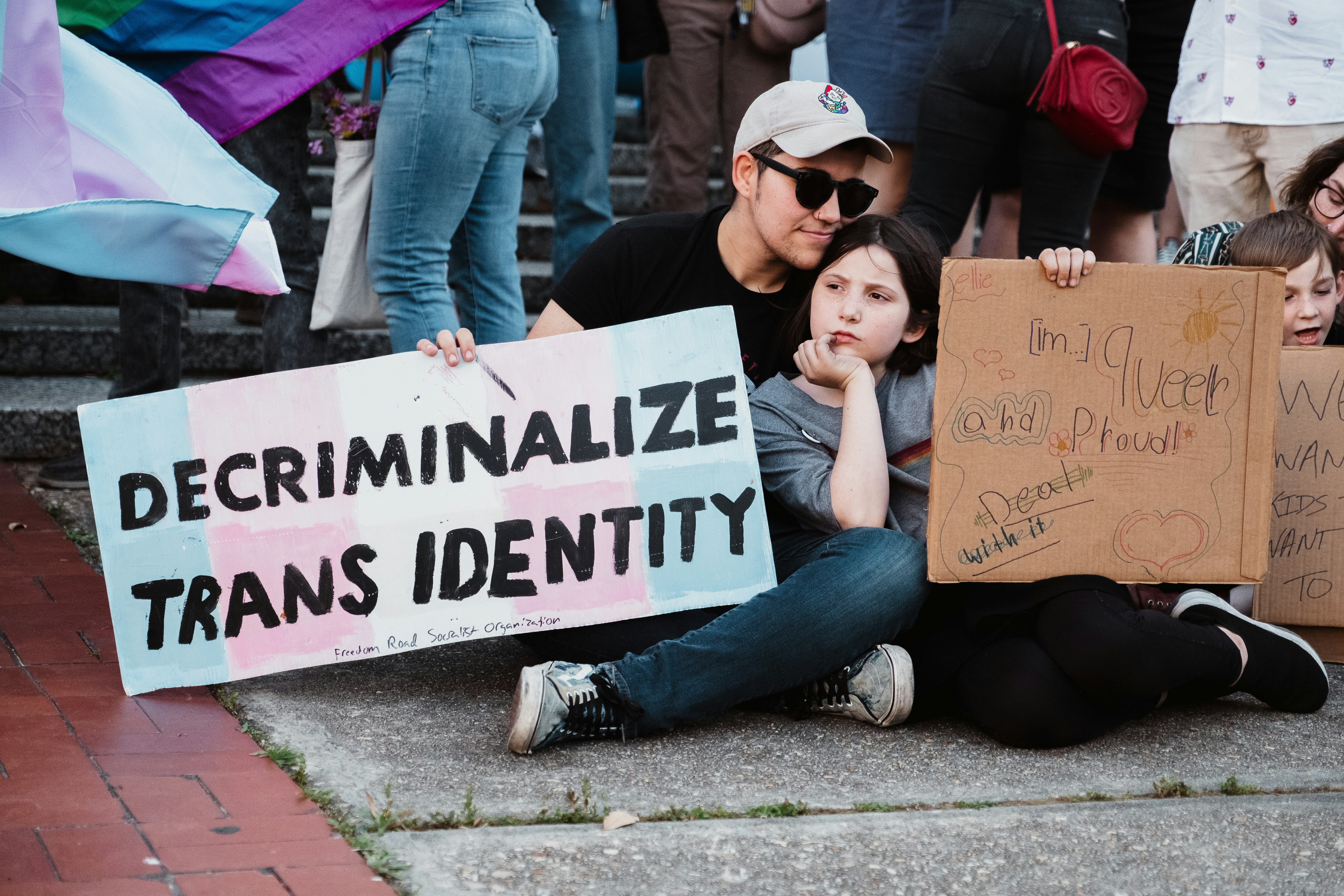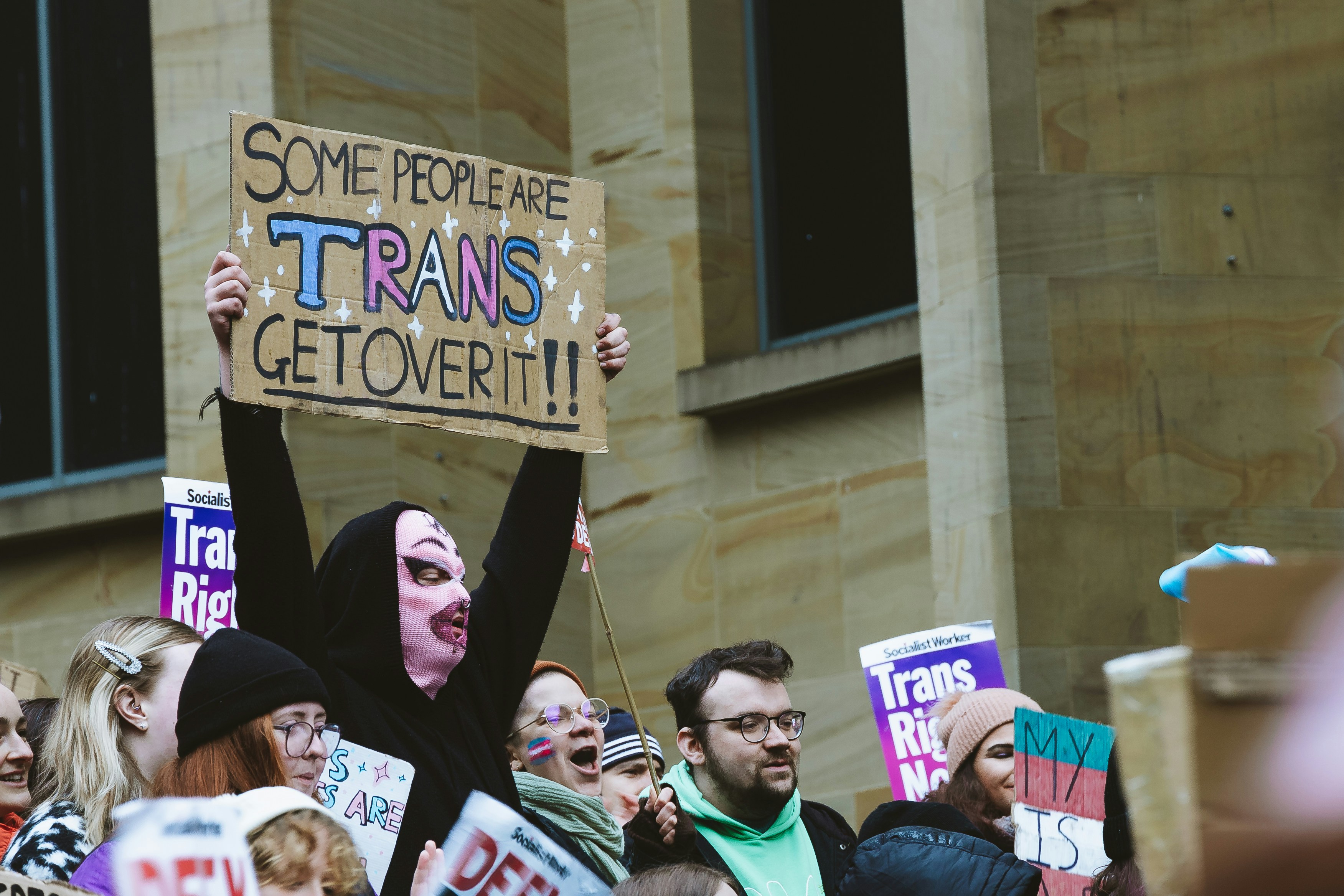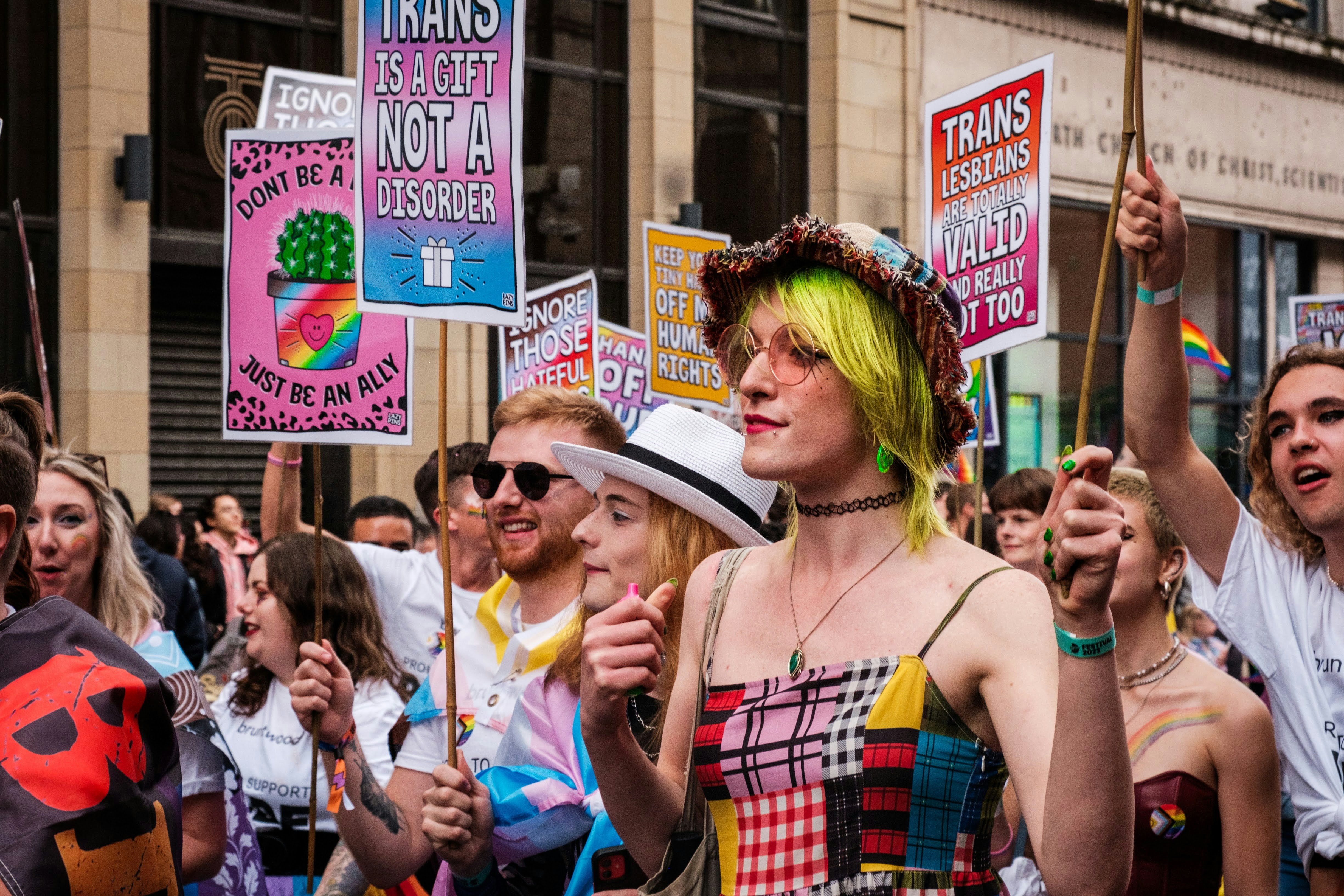Understanding Old-School Transsexuals
Old-school transsexuals, often characterized by their experiences and identities shaped in a different societal context, represent a unique perspective within the broader transgender community. Historically, these individuals navigated a landscape that was distinctly different from that faced by contemporary transgender individuals. The mid-to-late 20th century was marked by limited understanding and acceptance of gender diversity, leading many old-school transsexuals to pursue paths that emphasized a binary understanding of gender. This often included the pursuit of gender confirmation surgeries as a means to align their physical selves with their gender identities, which was culturally viewed as a necessary step for social acceptance.
During this time, transsexuality was frequently pathologized, and medical interventions were considered vital for those seeking to transition. Many old-school transsexuals experienced significant challenges, including ostracization and a lack of accessible resources. Their narratives often reflect a prevailing emphasis on medicalization and a quest for legitimacy, which can contrast sharply with modern perspectives that prioritize self-identification and a spectrum of gender experiences. Consequently, their testimonies can resonate with certain factions of the anti-trans movement, which may hold onto traditional notions of gender identity rooted in historical precedents.
The evolution of societal perceptions surrounding transsexuality has led to a substantial shift in how contemporary transgender individuals advocate for their rights. However, old-school transsexuals’ experiences reflect a historical framework that some current anti-trans groups seek to uphold. Their voices may echo a lament for the perceived simplicity of old categorizations, thereby impacting contemporary debates about gender identity. Understanding the complexities of old-school transsexuals’ identities and experiences is crucial in unpacking the nuanced relationship between these narratives and the anti-trans rhetoric that exists today.
The Role of Professionals: Doctors, Lawyers, and PR Representatives
Old-school transsexual individuals have often held significant professional roles as doctors, lawyers, and public relations representatives. Their achievements in these fields not only showcase their personal resilience but also lend essential credibility to their perspectives within the broader conversation about transgender rights and identity. These professionals bring a wealth of knowledge and experience, which enables them to contribute meaningfully to discussions that impact the trans community and society at large.
For instance, doctors who identify as old-school transsexuals have played vital roles in the medical community, advocating for transgender health rights and setting standards for care. Their specialized knowledge allows them to highlight issues unique to the trans population, such as access to appropriate healthcare and the importance of informed consent in medical procedures. Similarly, lawyers have utilized their expertise to challenge discriminatory practices and push for legislative reforms that benefit not only trans individuals but society as a whole. They have often found themselves at the forefront of legal battles that have led to significant changes in discrimination laws, thereby influencing public policy.
Public relations representatives add another layer to this discussion by shaping narratives around transgender experiences. Their professional acumen in communications enables them to counteract negative stereotypes and foster a more accurate representation of transgender lives in the media. However, it is crucial to note that despite their professional success, these individuals often face challenges within the trans community itself. Their perspectives can be met with skepticism, as some may perceive their views as apolitical or disconnected from the struggles of other trans individuals. This dichotomy often places them at the intersection of various discourses, shaping their views and allegiances in complex ways.
The Allure of ‘Peaking’: How TERFs and GCs Engage Old-School Transsexuals
The phenomenon of ‘peaking’, a term frequently employed in discussions surrounding trans-exclusionary radical feminism (TERF) and gender critical (GC) ideology, refers to the process where individuals, particularly those within the old-school transsexual community, experience a shift in their beliefs about contemporary gender identity and advocacy. This transformation is not purely ideological; it often encompasses a complex interplay of psychological, social, and emotional factors. Many old-school transsexuals may harbor intrinsic doubts about modern trans advocacy, driven by personal experiences, societal pressures, or a sense of nostalgia for a different era of gender discourse.
TERFs and GCs effectively capitalize on these vulnerabilities by framing their narratives in a way that resonates with the experiences of older transsexual individuals. For instance, they emphasize the notion of ‘authentic womanhood’ and traditional gender roles, which may appeal to these individuals, particularly those who may feel alienated by modern conceptions of gender fluidity and non-binary identities. This method of engagement is often presented as a form of empowerment, offering old-school transsexuals a platform that seemingly validates their feelings of skepticism or rejection regarding current trans advocacy.
Several high-profile case studies exemplify this trend, with notable individuals from the old-school transsexual community publicly aligning themselves with anti-trans rhetoric. These figures typically recount personal narratives that mirror the messaging pushed by TERF and GC factions, creating an echo chamber that consolidates their views. This engagement can have profound ramifications for the wider trans community, including increased division and the amplification of anti-trans sentiments, undermining solidarity and creating a challenging atmosphere for younger trans individuals navigating their identities. As such, understanding the allure of ‘peaking’ and its implications is crucial for addressing the complexities within contemporary trans discourse.
Consequences and Community Response
The alignment of some old-school transsexual voices with anti-trans narratives has profound implications for the broader transgender community. This convergence can create significant divisions, as contrasting ideologies often promote discord among individuals who share the same marginalized identity. Many within the trans community express concern that these voices, when elevated in public discourse, undermine the rights and recognition of diverse gender identities. The testimonies of individuals who criticize modern trans identities can contribute to a climate of misunderstanding, fostering misconceptions that may guide policy decisions and societal attitudes. Such a shift not only affects legislative outcomes but also impacts the daily lives of transgender individuals who rely on societal acceptance and legal protections.
In response to this challenge, the trans community has initiated various strategies to counteract the detrimental effects of these anti-trans narratives. Organizations advocating for transgender rights are increasingly emphasizing solidarity and understanding among all gender identities. By promoting intersectionality within their frameworks, they strive to highlight the experiences of those across the spectrum of gender identity and expression. Engaging in critical dialogue allows for a comprehensive exploration of differing experiences and opinions concerning gender identity and transition. This approach encourages more nuanced perspectives that respect individual journeys while recognizing the importance of inclusive advocacy.
Moreover, workshops, forums, and safe spaces are being organized to foster open discussions about the complexities of gender identity. These initiatives not only serve to unite members of the trans community but also aim to educate allies and the broader public on the rich diversity within gender experiences. By addressing the underlying factors that lead to divisions, the trans community seeks to fortify its resilience against narratives that may otherwise fracture its solidarity. Ultimately, the commitment to fostering understanding and inclusivity is crucial for unifying the movement and advancing the fight for transgender rights in the face of opposition.









Leave a Reply
You must be logged in to post a comment.